"Iran executes people at alarming rate", warns United Nations

The state of human rights in Iran is critical. The United Nations recently published a report on executions carried out by the Iranian regime. According to the UN, during 2020, 250 people were executed, including four minors accused of delinquency. In addition, 230 executions have been carried out so far this year, including nine women and one minor.
Javaid Rehman, the UN Special Rapporteur on the situation of human rights in the Islamic Republic of Iran, has warned that Tehran uses the death penalty as a "political tool" against dissidents. "There are broad and arbitrary grounds in Iran for imposing the death penalty, which can quickly turn this punishment into a political tool," Rehman told the UN Human Rights Committee. In this regard, the special rapporteur has pointed to problems in Iran's justice system
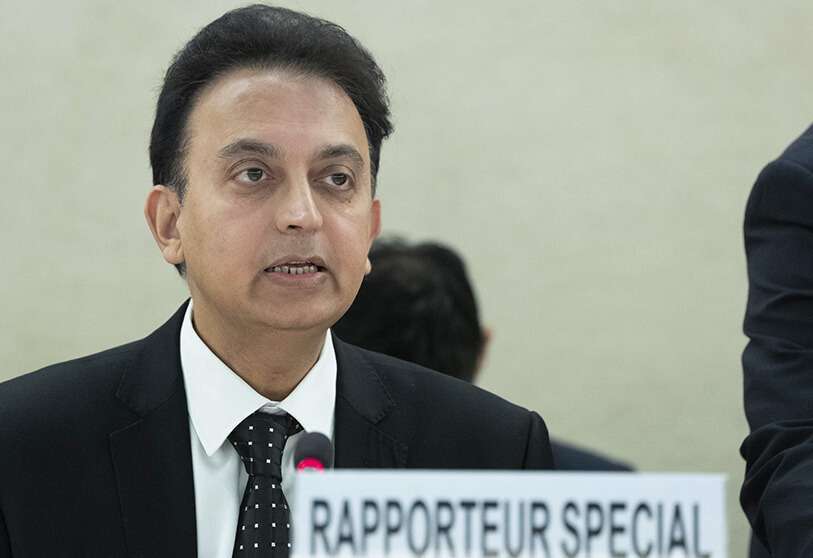
"The structural flaws in the justice system are very deep and at odds with the notion of the rule of law," he added. Rehman listed several charges often used by the authorities to convict people, such as "corruption", "armed rebellion", or "waging war against God". "Iran executes people at an alarming rate," Rahman stressed.
On the other hand, Rahman warned about the lack of official and truthful data. "The absence of official statistics and lack of transparency around executions means that this practice escapes scrutiny resulting in serious abuses that impede accountability," he explained.
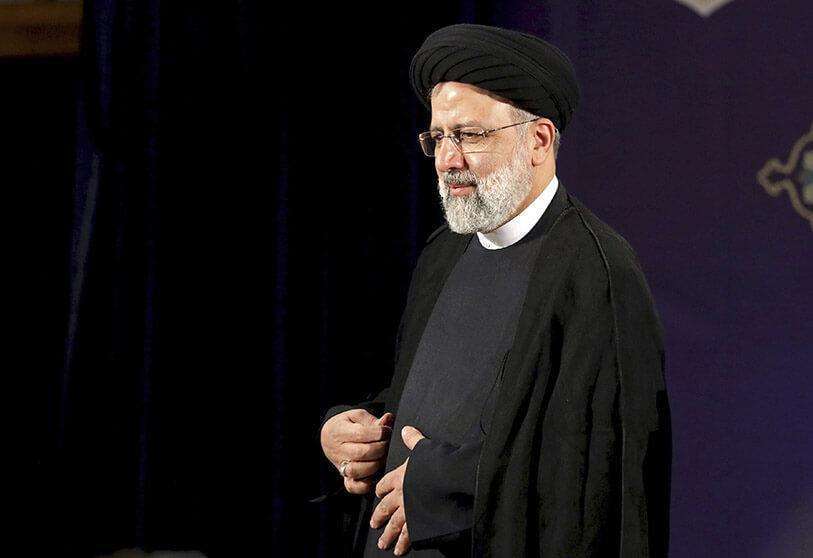
Javaid Rehman, professor of international law and Islamic law at Britain's Brunel University, has also informed the Human Rights Committee of "forced confessions obtained under torture and other violations", as well as the "alarming level of intimidation or persecution of those seeking accountability".
As Amnesty International warned last July, the recent UN report also notes the use of force against citizens protesting in Khuzestan over water shortages. Rehman highlights the death of nine people, including a minor, and the high number of injuries.
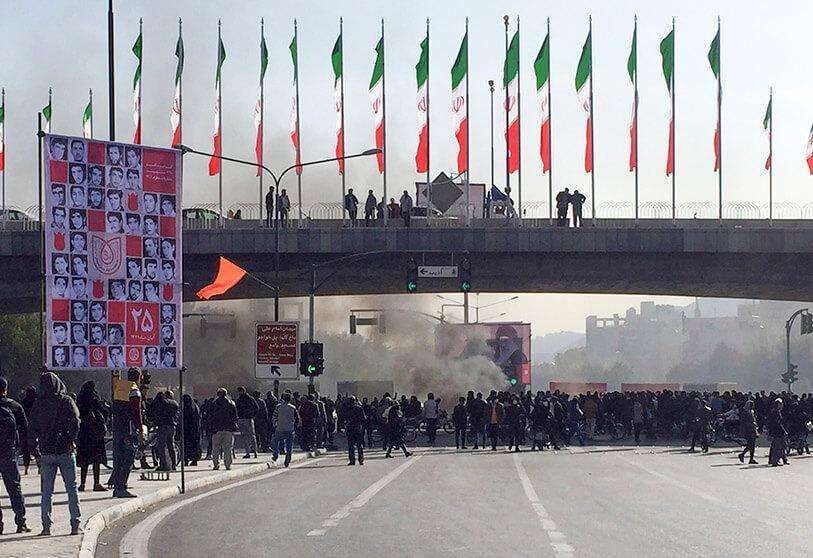
"The use of lethal force against peaceful demonstrators remains a feature of the authorities' approach to the exercise of the right to peaceful assembly," he said.
In this sense, Rehman also referred to the reprisals suffered by human rights defenders, lawyers and journalists in the country. He highlighted two cases in particular: that of 23-year-old Kurdish Amir Hossein Hatami, who was beaten to death in a Tehran prison; and the death of Shahin Naseri, a witness to the torture of Iranian wrestler Navid Afkari. The athlete was sentenced to death for allegedly murdering a security guard at an anti-government demonstration in 2018.
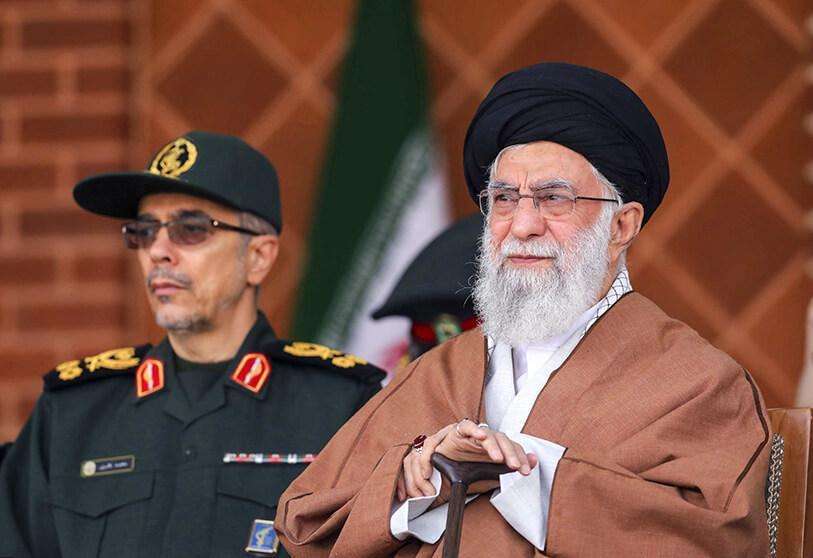
In addition to ongoing human rights violations, torture, persecution, the UN report emphasises the "persistent impunity" for crimes committed by people in positions of power and "at the highest level of public office".
"The presidential elections in June this year clearly highlight this point," Rehman said. The UN rapporteur alluded to the country's new president, the cleric Ebrahim Raisi. Raisi has been accused of being behind the killings of up to 5,000 political opponents during the 1980s.

"At a time when the world is suffering from the attitudes and policies of Western countries such as the United States, the issuing of such a report against Iran, which is itself a victim of the actions of these countries, is a completely political matter," said Kazem Gharibabadi, Iran's representative to the IAEA (International Atomic Energy Agency).
Gharibabadi regretted that the "malicious" report ignored Iran's progress on human rights. "Iran is constantly moving towards improving human rights, and this is based on religious guidelines, not international obligations or political reports," he said.
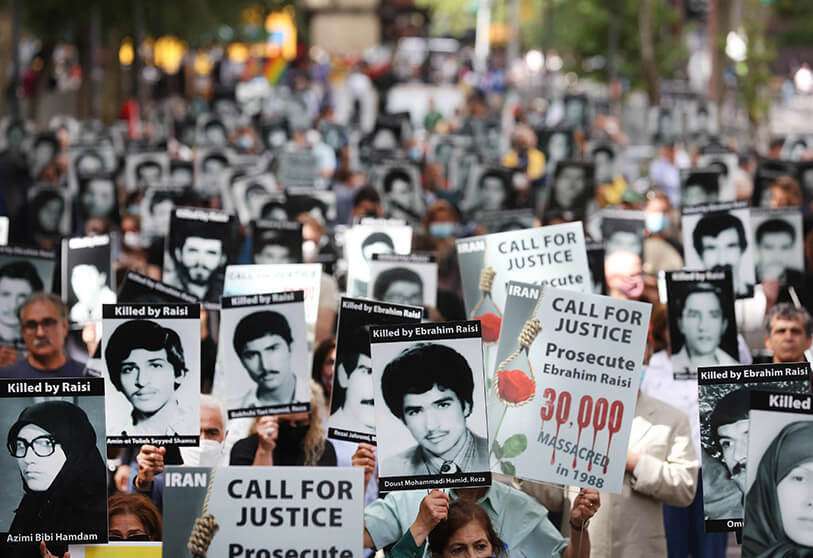
Zahra Ershadi, Iran's deputy ambassador to the UN, also condemned the UN report. Ershadi said her country "is determined to continue to safeguard its people against the threat of violent extremism and terrorism". He also accused the international community of failing to investigate "the vicious campaign of genocide" in Canada against indigenous people and the West of "supplying" chemical weapons, tanks and planes to Saddam Hussein during the war against Iran.
Amnesty International has pointed out that Iran is the world's second largest executor of people after China. Moreover, the Islamic Republic tops the list of countries in the Middle East that carry out the most executions, followed by Egypt, Iraq and Saudi Arabia, according to the NGO.
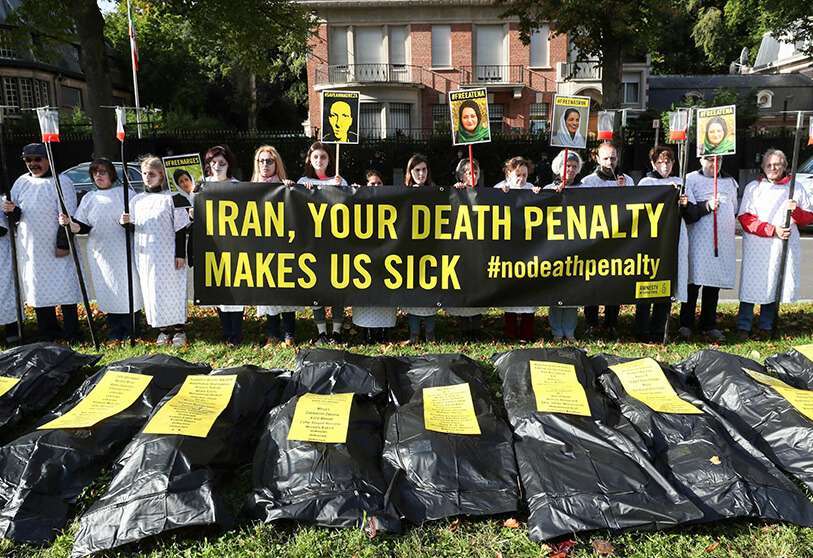
"I call on the authorities to undertake further reforms to end the imposition of the death penalty in violation of international law, in line with the consistent recommendations that international human rights mechanisms have made year after year," Rehman concluded. "The Iranian government has shown that it can reform, which is welcome," he added.









